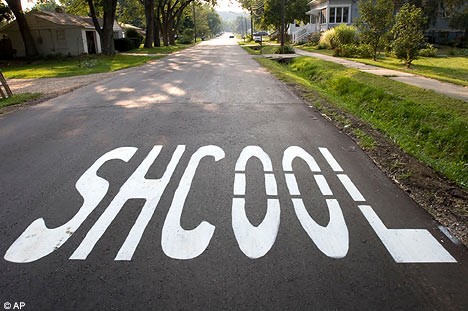
I spoke a little bit about critical thinking in one of my previous blogs this week, but I would like to talk about what that term really means. The dictionary definition of critical thinking is written at the beginning of this post. It is a way of analyzing the information you learn. You may be asking yourself: So what? How does this concept relate to my life?
Well, not every lesson in life is written out for you directly. There are times when someone will tell you something, but in order to fully grasp the meaning of what they are trying to say you need to really think. You can memorize facts all you want, but you cannot truly learn anything that way. Sometimes you need to question and look at the bigger picture. If I were to just write down what my professors say word for word in my classes I might get an average grade, but I have not actually processed the information. If you walk around like a zombie not absorbing anything you learn, what is the point of learning anything at all?


Two other terms that were mentioned quite a bit in my classes this week were Homogeneous and Heterogeneous. Homogeneous is defined as of the same kind; alike. Heterogeneous is defined as diverse in character or content. They are essentially antonyms. The context these words were used in were in relation to the sociology of marriage and cohabitation in my Sociology class. We were discussing why people choose to marry someone and one of the reasons was feeling at home with somebody. People want to be with someone who is homogeneous to them (from the same background). The people whose marriages tend to be less stable have more heterogeneous relationships where they are from different social backgrounds.
Learning new things is extremely important to the growth of your knowledge. I learn new words like homogeneous and heterogeneous every day at Southern, and I use my critical thinking abilities to absorb and remember them.
Learning new things is extremely important to the growth of your knowledge. I learn new words like homogeneous and heterogeneous every day at Southern, and I use my critical thinking abilities to absorb and remember them.








































